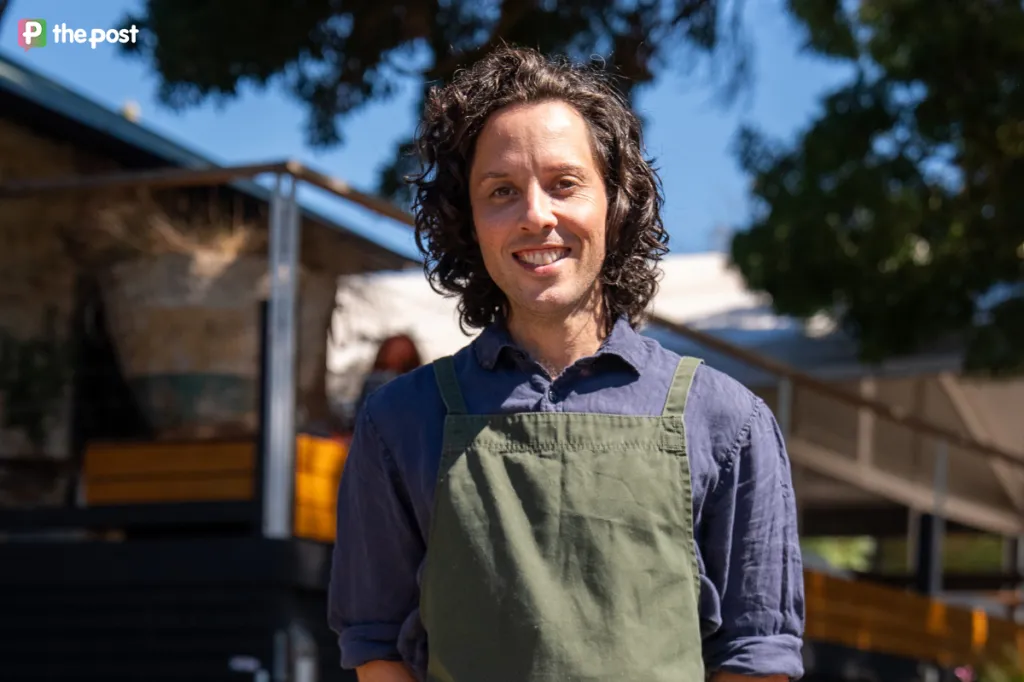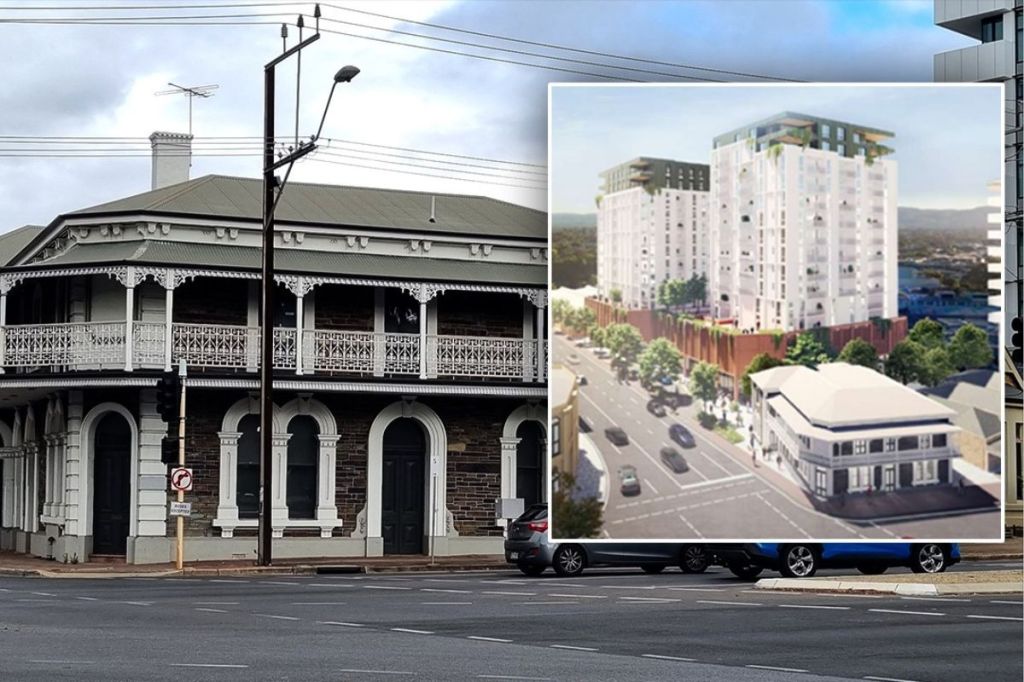How downsizing planning can be hampered by this annoying economic reality
Financial advisor Craig Sanky looks at common problems we all face when dealing with superannuation and retirement.

Question 1
Hi Craig, My husband and I are in our 60s and have owned our home for more than 10 years. We want to downsize to top up our super but would delay this if stamp duty for downsizers is going to be abolished. How likely do you think it is that the Victorian government will adopt the recommendation of the Property Council of Australia regarding this? Both our old and new houses will be in the $1 million to $1.7 million range.
Purchase of a $1.5 million property in Victoria would see upwards of $80,000 in stamp duty. Which is crazy, so I can understand why you are asking.
The Property Council of Australia, in its submission to the Victorian government, has proposed, among other things:
A significant barrier to making homes available for first-home buyers is the lack of incentives for existing home owners to sell, primarily due to stamp duty costs on subsequent purchases.
Exempting home owners over 60 years old from paying stamp duty on their final home purchase would incentivise downsizing (rightsizing) and free up larger family homes, optimising existing housing resources.
This initiative supports older home owners in transitioning to more suitable accommodation while alleviating housing shortages. Under this proposal, the stamp duty exemption would be a one-time benefit.
I would rate the probability of this proposal being accepted as pretty low for a few reasons:
- State governments are addicted to this revenue and would take a big financial hit if they were to give this exemption
- This would yet be another exemption to administrator and track, i.e. is the purchaser over 60 and accessed this benefit previously? This could then add to costs
- How many people will this sway to downsize versus those that would have downsized anyway and just pocket the tax savings. Tough to know
- Anecdotally, older Australians seem to worry more amount having more of their money counted against their age pension should they downsize
- This is an equity issue. Younger families wanting to purchase more suitable homes would still be required to pay stamp duty, but older Australians would be exempt. This would create more headaches for the government.
You might like
I have no insider knowledge and I’m not a betting man, but that is my best guess.
The government has said it intends to review feedback and provide a new plan for Victoria by late 2024. We will wait and see.
Question 2
I am 62 years old I work part-time and earn approximately $25,000 a year. I have approximately $167,000 in super. I also receive a part Jobseeker payment to subsidise my income. I have received a pensioner concession card. In six months also I would like to sell my house and relocate and downsize. I would like to give my two children $50,000 each when I do this. I have a very simple lifestyle, I am single. What, if any, are the outcomes with tax or my JobSeeker payments if I do this? Thank you
From a tax perspective, there should be no impact. You are selling a CGT-free asset (your home) and gifting some of the proceeds.
From a Centrelink perspective, there is an impact. Centrelink expect you to use your financial resources yourself before giving money away.
Your home is currently not assessed under the income and asset tests. Your new and potentially cheaper home would also not be counted.
However, the leftover money is assessed. Regardless of whether you keep this money in a bank account for yourself or give it away.
If you do give some money away, the first $10,000 is not assessed (up to a maximum of $30,000 over five years).
Anything above this is counted in the assets test and deemed to earn interest under the income test. This counts for five years from the gift.
Be smart
A major takeout – don’t leave yourself short.
Stay informed, daily
I’m not sure how much part payment you are currently receiving from JobSeeker, but it sounds like it’s reduced due to your income from work.
When you relocate will you continue working?
The next thing to consider is that allowances, like JobSeeker, have a sudden-death cut-off if you exceed the asset test.
This is a lot harsher than age or disability support pension payments, which taper your payment down gradually if you exceed the asset limit.
For homeowners, if you have more than $314,000 in assets you are not eligible for JobSeeker, and as I have mentioned earlier, this includes money gifted.
A few questions to ask yourself:
- Will my assets be above $314,000?
- Will I still work? At least until age pension age (67)?
- Can I get by without JobSeeker?
- Should I gift a bit less to ensure I have enough money to draw down on?
Question 3
Hi. After attaining the full pension at 67, does Centrelink still check your asset test or income test every year till death?
Short answer is yes.
As the age pension is means tested, Centrelink needs to ensure you are receiving the correct payment.
If your circumstances change, including your income or assets, you must notify it within 14 days.
You also need to let it know if you are moving and keep all your contact details up to date.
It’s also worth noting that if you move overseas and are over the age of 80, they may also require you to complete a proof of life certificate form from time to time.
Craig Sankey is a licensed financial adviser and head of Technical Services and Advice Enablement at Industry Fund Services.
Disclaimer: The responses provided are general in nature, and while they are prompted by the questions asked, they have been prepared without taking into consideration all your objectives, financial situation or needs.
Before relying on any of the information, please ensure that you consider the appropriateness of the information for your objectives, financial situation or needs. To the extent that it is permitted by law, no responsibility for errors or omissions is accepted by IFS and its representatives.
– TND









